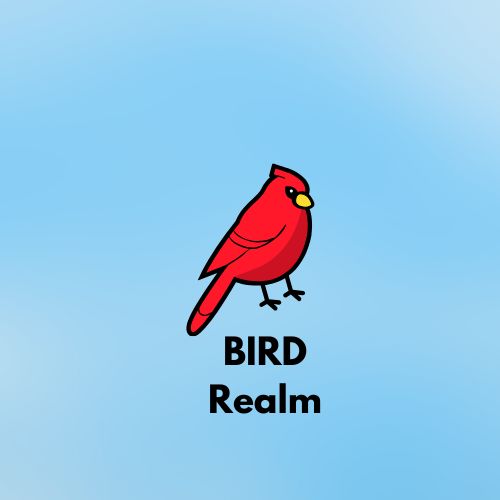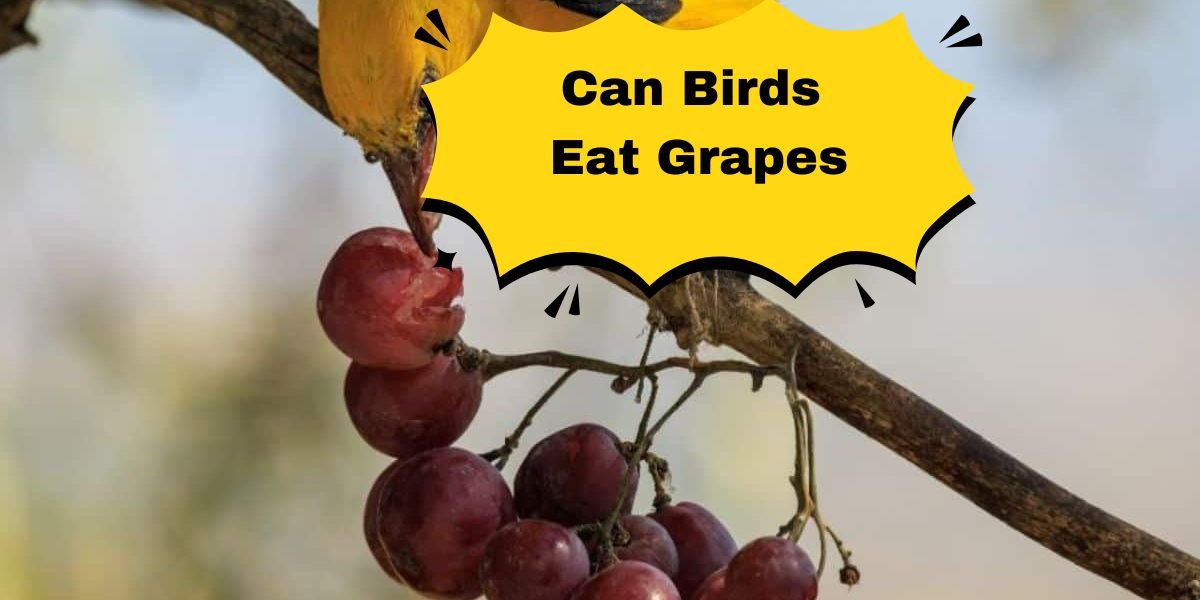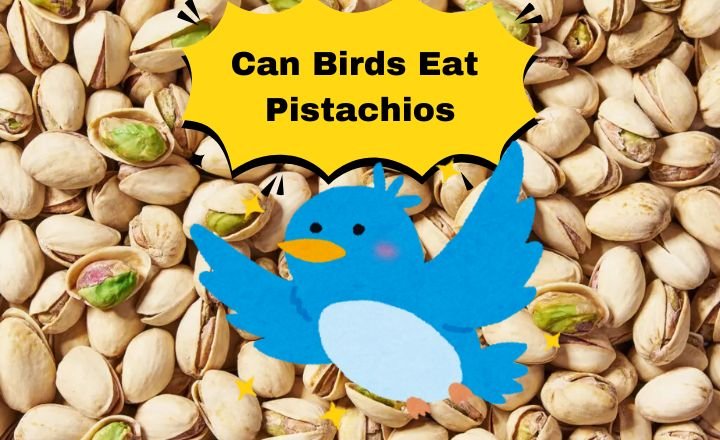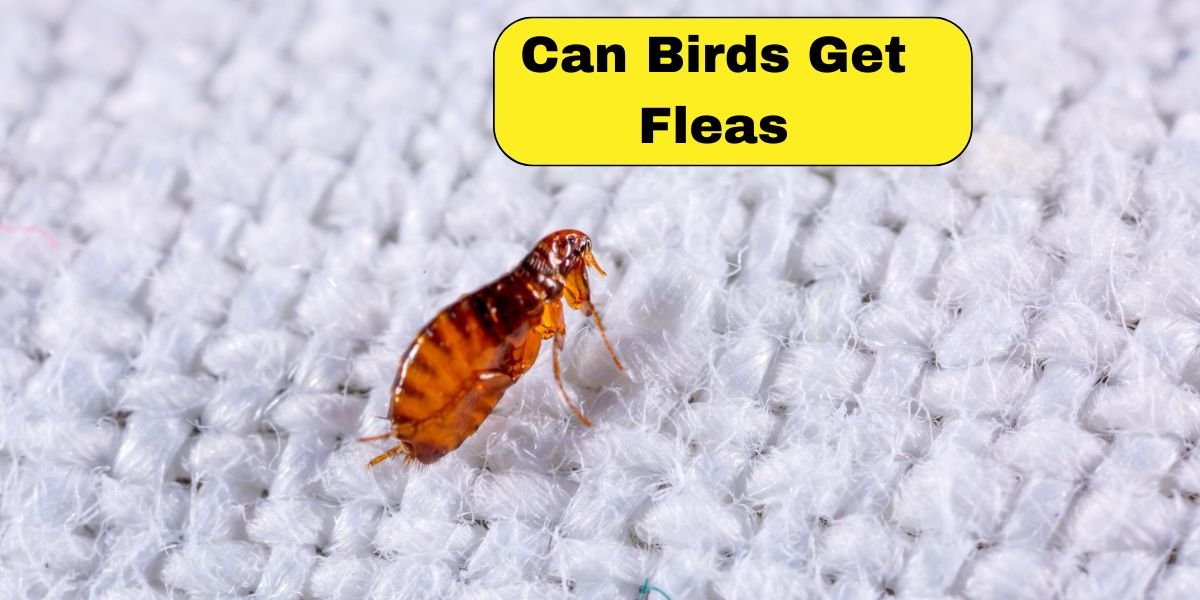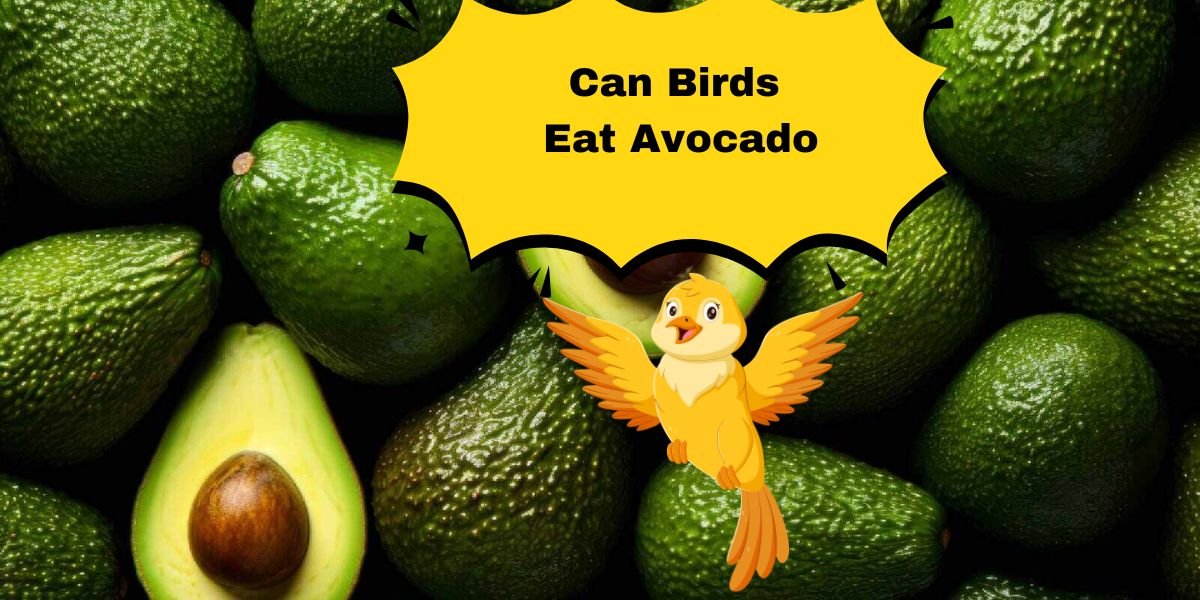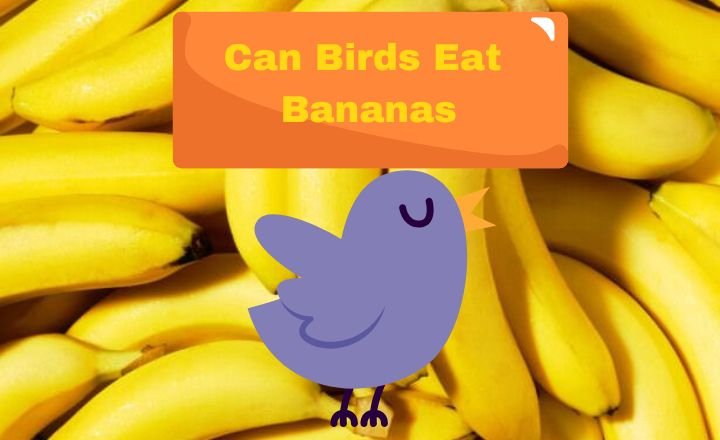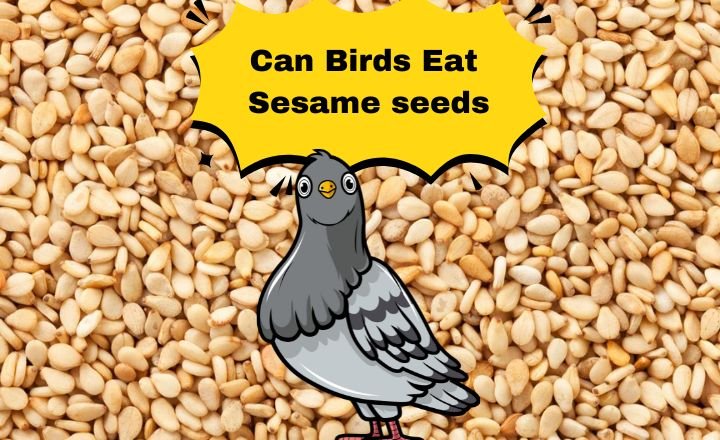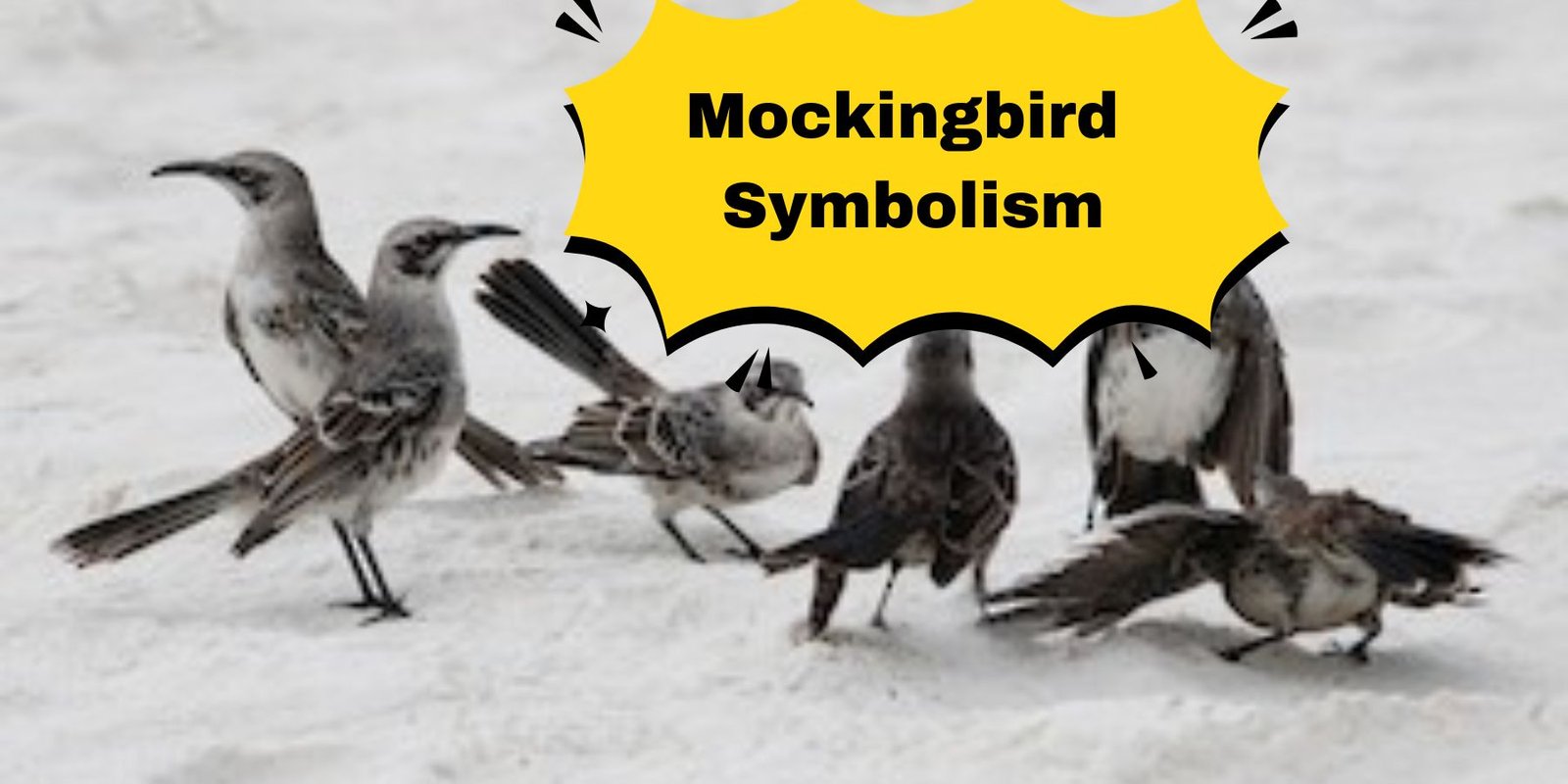Can Birds Eat Grapes?
Grapes are a popular snack for humans, but can they be just as appealing and safe for birds? The query “Can birds eat grapes?” is not just about what they like to eat; it’s about ensuring their health and happiness. This article aims to clarify the myths surrounding grapes in a bird’s diet, discuss potential risks, and provide tips on how to serve them properly to your avian companions.
Nutritional Value of Grapes for Birds
These juicy fruits are packed with essential vitamins, particularly vitamins C and K, which support the immune system and promote healthy feather growth. grapes contain antioxidants that can help combat oxidative stress, making them a valuable addition to a bird’s diet.
The high water content in grapes is another reason they are favored by many avian species, aiding in hydration and digestion. Their natural sugars provide a quick energy boost, perfect for active birds requiring daily stamina.
Moderation is key; while grapes are nutritious, they should be served as a complementary treat rather than the main course. Offering grapes in various forms—whole, halved, or even dried—can keep feeding sessions interesting and engaging for your feathered friends.
Which Bird Species Enjoy Grapes?
Many bird species have a fondness for grapes, making them a delightful treat to offer at backyard feeders. Among the most enthusiastic grape consumers are parrots, particularly budgerigars and cockatiels.
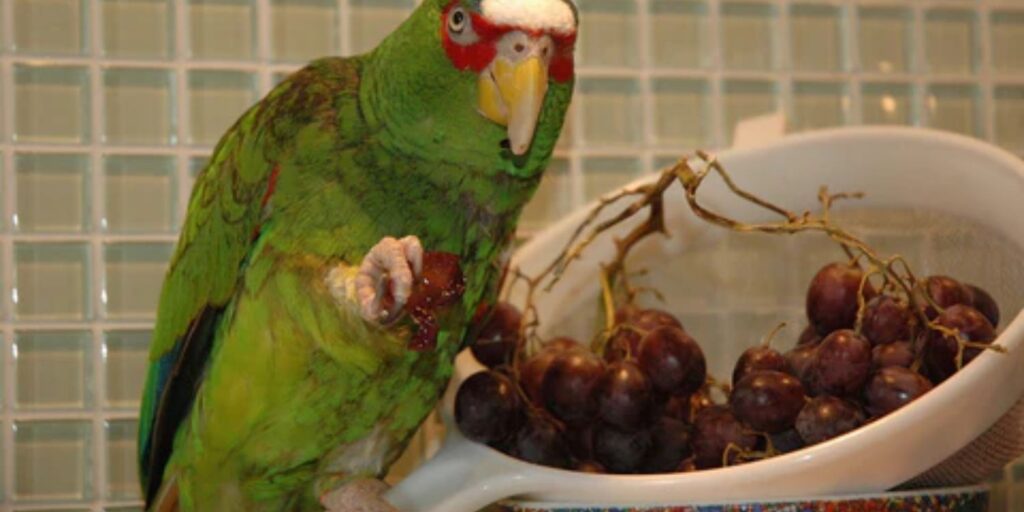
These colorful birds not only enjoy the sweet taste of grapes but also benefit from their hydration properties. Grapes are packed with water, which is especially beneficial in warmer climates or during the breeding season when hydration is crucial.
Smaller birds like wrens and finches can often be seen feasting on grapes, showcasing their dexterity as they navigate the fruit’s surface. In the wild, these birds are naturally drawn to ripe fruits, and grapes provide an excellent source of vitamins and antioxidants. it’s essential to remember that while grapes are safe for birds, they should be offered in moderation due to their high sugar content.
Preparing Grapes for Wild Birds
Preparing grapes for wild birds involves a few simple steps to ensure they are both appealing and beneficial. Start by washing the grapes thoroughly to remove any pesticides or chemicals or toxins. Organic grapes are an excellent choice if you want to eliminate these concerns altogether.
Once cleaned, you can offer grapes in various ways. Slicing them in half can make it easier for smaller birds to access the juicy flesh while reducing the risk of choking. Alternatively, you can skewer whole grapes on a bird feeder or string them together like a grape necklace, creating a fun visual treat that draws attention.
Consider mixing grapes with other fruits like apples or berries to create a colorful buffet that caters to different species. By incorporating this simple yet nutritious food source into your bird-feeding routine, you’ll not only enhance their diet but also enjoy the vibrant activity in your garden.
Potential Risks and Precautions
While grapes are a popular snack for many pet birds, it’s important to consider the potential risks associated with feeding them this fruit. One primary concern is the presence of pesticides and chemicals on the grape skins, which can be harmful to birds.
To mitigate this risk, always opt for organic grapes when possible and ensure thorough washing before serving. some birds may have sensitivities to high sugar content found in grapes, leading to digestive issues or weight gain if consumed excessively.
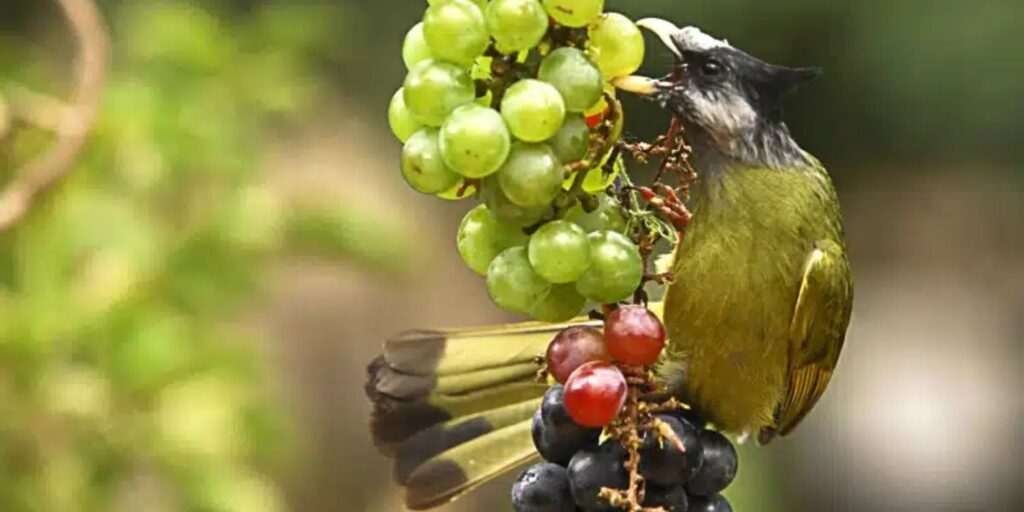
Another precaution involves monitoring portion sizes and frequency. Grapes should be treated as an occasional treat rather than a staple in a bird’s diet. Overindulgence can lead to health complications such as obesity and fatty liver disease, particularly in species prone to these conditions.
Other Alternatives to Grapes
Fruits like blueberries and strawberries are excellent alternatives, offering vibrant colors and a burst of flavor that can entice even the pickiest of birds. Blueberries, in particular, are packed with antioxidants and vitamins, making them a nutritious option that can contribute to a bird’s overall health.
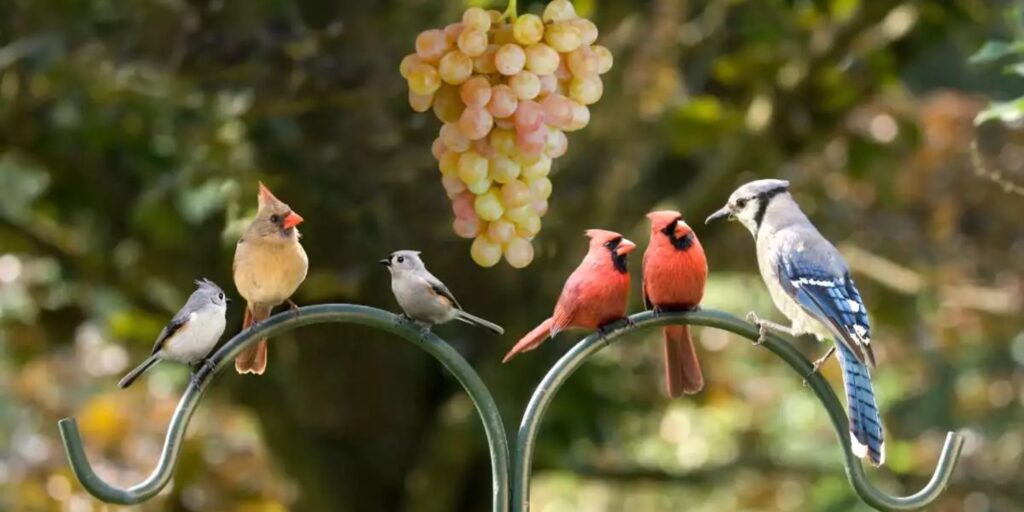
Another underrated fruit is the apple, which can be diced or sliced for easy consumption. Apples provide essential fiber and hydration, and their crisp texture can stimulate natural foraging behaviors in birds. ripe bananas can be mashed or cut into small pieces, delivering a soft treat that many birds enjoy.
Final Words
Grapes can be a delightful and nutritious treat for many bird species when offered in moderation. These fruits are rich in vitamins and antioxidants that can contribute to a bird’s overall health.
It is crucial to ensure that the grapes are washed thoroughly and served without seeds, as these can pose health risks. Always observe your feathered friends for any adverse reactions when introducing new foods into their diet. By providing safe and healthy snacks like grapes, you can enhance their diet and keep them happy.
